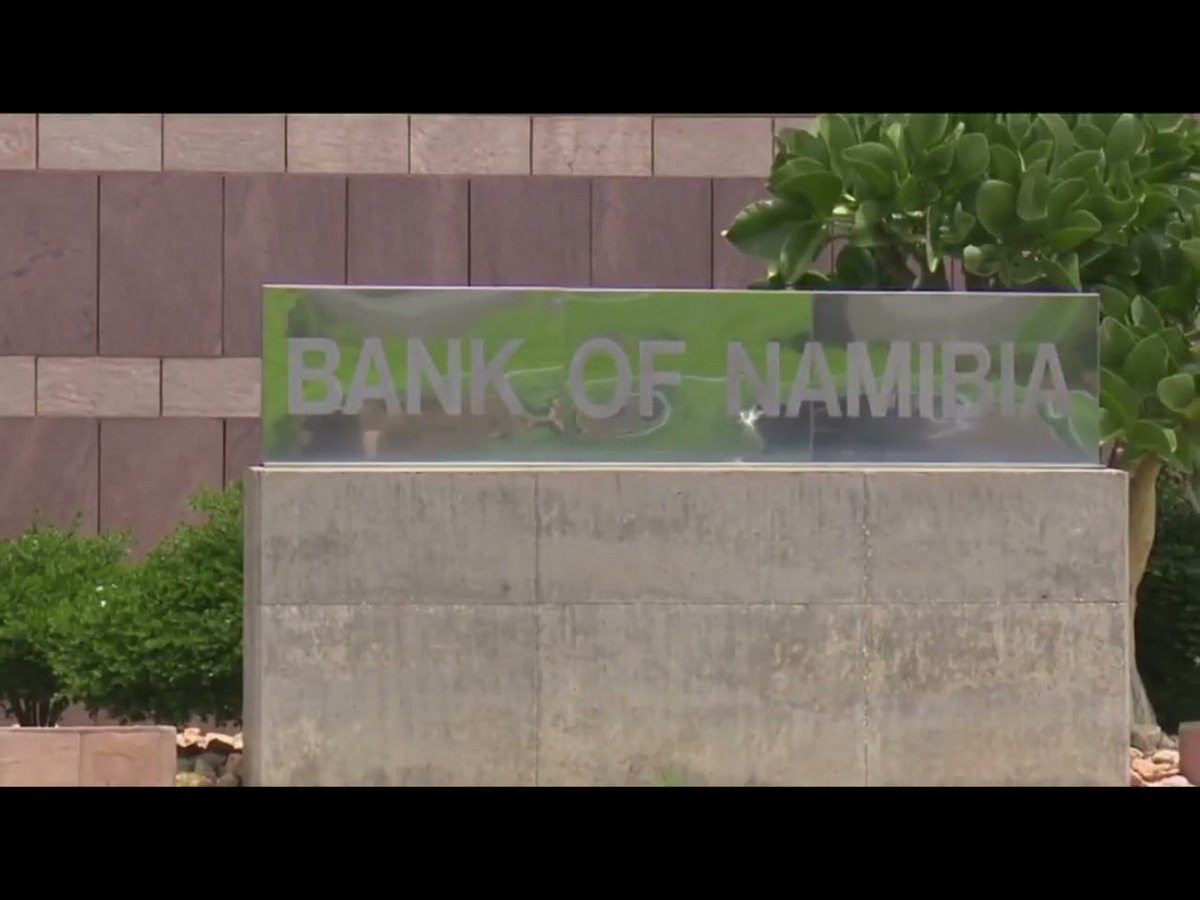Namibia has settled its $750 million eurobond, marking the largest single-day debt maturity in the history of the country, according to Bloomberg.
“We have paid,” central bank Governor Johannes !Gawaxab said in the capital, Windhoek, on Wednesday.
Finance Minister Ericah Shafudah said the debt repayment will enhance “our creditworthiness and positions us favorably to potential future engagements in the global capital markets if circumstances warrant.”
The bond was issued in 2015 and was repaid using $444 million from a “sinking fund” for debt repayments, along with loans organized by Standard Bank Namibia, FNB Namibia, and Bank of Windhoek with Absa Namibia, the minister said.
The government issued the bond at a coupon (interest rate) of 5.25% and used the money to finance infrastructure, development, and for budget support.
The bond represented Namibia’s second entry into the international capital markets following its debut in 2011. “In accordance with Namibia’s sovereign debt management strategy, the country steadily built up savings in its sinking fund earmarked to redeem maturing debt, including the Eurobond,” the Bank of Namibia said in a statement on X.
“Through the sinking fund and additional financing raised from local institutions, Namibia repaid its obligation in full while allowing the sovereign to reduce foreign exchange rate of the debt book, materially.”
The Bank of Namibia said the payment will reduce the country’s foreign reserves to approximately $2.7 billion by December 31, down from $3.1 billion recorded at the end of September.
“The redemption sends a clear signal to international investors: Namibia remains a credible and disciplined borrower,” said Almandro Jansen, economist at Simonis Storm Securities. “It demonstrates that despite a difficult external environment and elevated borrowing costs, the country has managed to maintain fiscal stability and adequate reserves.”
However, Jansen warned that “if the current trajectory persists where borrowing outpaces growth and investment remains subdued, the country risks eroding its hard-earned fiscal buffers.”










